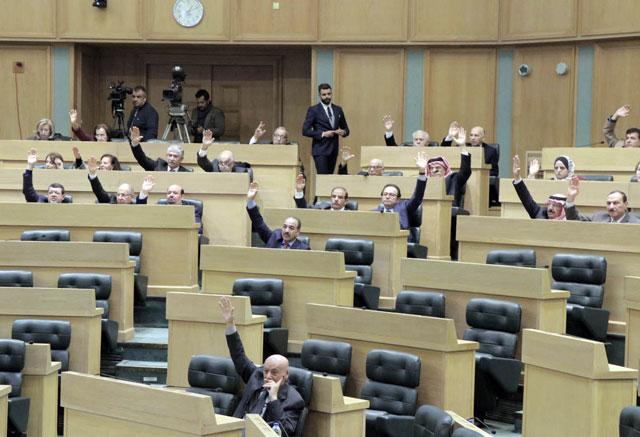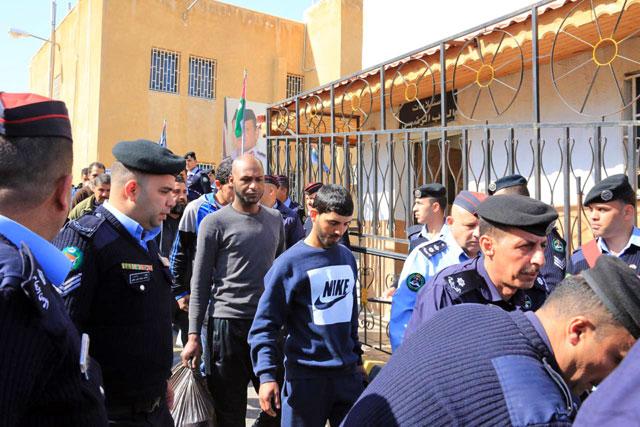You are here
Pardon law ratified, set to be published in Official Gazette
By JT - Feb 05,2019 - Last updated at Feb 05,2019
AMMAN — A Royal Decree was issued on Monday ratifying the 2019 general pardon Law as endorsed by the Senate and the Lower House, according to a Royal Court statement.
Passed by the two Chambers of Parliament and ratified by the King, the law is now set to be published in the Official Gazette.
Under the law, full exemptions from fines, penalties and disciplinary measures will be granted to crimes and violations committed before His Majesty King Abdullah’s directives to the government to issue the law on December 12, 2018.
The Senate passed the 2018 general pardon law last week with no changes to the version referred from the Lower House, after having returned it to the deputies with several amendments that were later endorsed.
Senators had rejected MPs’ initial inclusion of crimes against authorities as well as water and electricity violations in the general pardon law and sent it back to the Lower House for reconsideration.
Deputies then endorsed senators’ amendments to exclude the aforementioned violations from the bill, agreeing with the Upper House’s rationale that the decision sought to preserve the status of the state, especially since legal rights in such cases usually fall to the state rather than the victims.
The two Houses of Parliament also disagreed on pardoning residency violations to finally endorse senators’ wording stipulating that foreigners residing in the Kingdom who violated the residency and foreigners affairs laws should rectify their status within 180 days of the date the law goes into effect to be exempted from fines.
Among crimes that would be excluded from the general pardon were those related to state security, forming or joining illegal organisations and espionage, in addition to economic crimes, graft, rape, terrorism and violations of duties of public office.
The general pardon law, as per the King’s directives, is aimed at “entrenching the concept of tolerance and forgiveness, enhancing societal security, easing hardship and pressures faced by citizens, giving convicts and wrongdoers a second chance to correct their conduct and encouraging them to play their natural role and ensure their permanent integration in society”.
Related Articles
AMMAN — The general pardon bill was passed by the Senate on Tuesday as referred by the Lower House, and is awaiting His Majesty King Abdulla
AMMAN — The Senate on Tuesday passed the 2019 general pardon law with no changes to the version referred from the Lower House.Passed by the
AMMAN — Hundreds of detainees were released on Tuesday as the General Pardon Law went into effect upon its publication in a special issue of

















